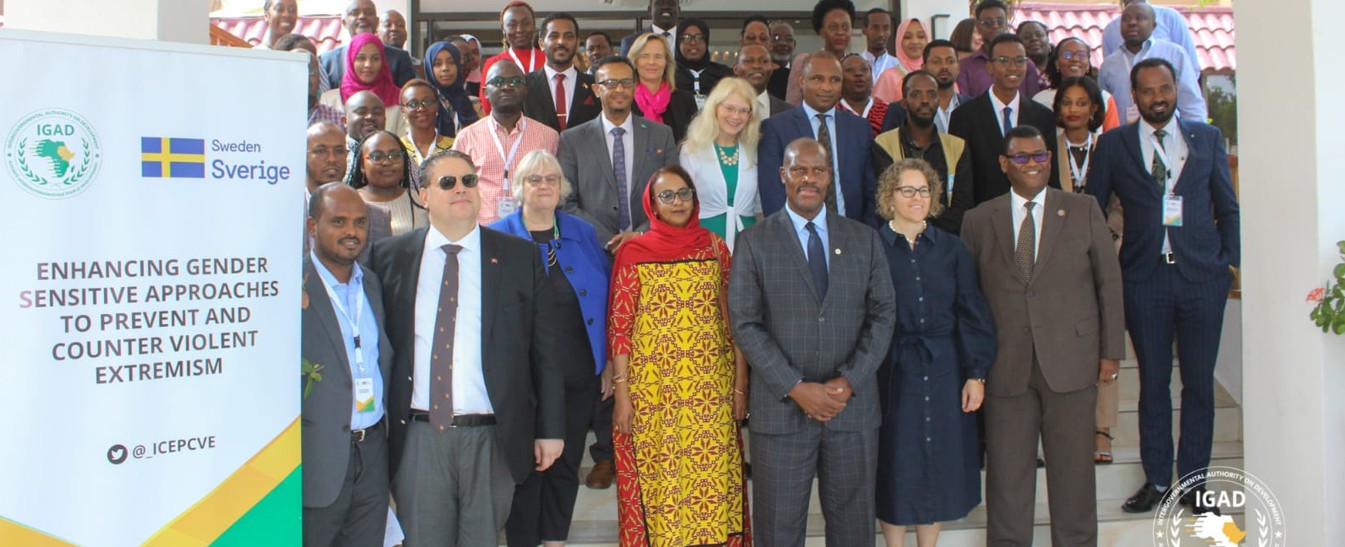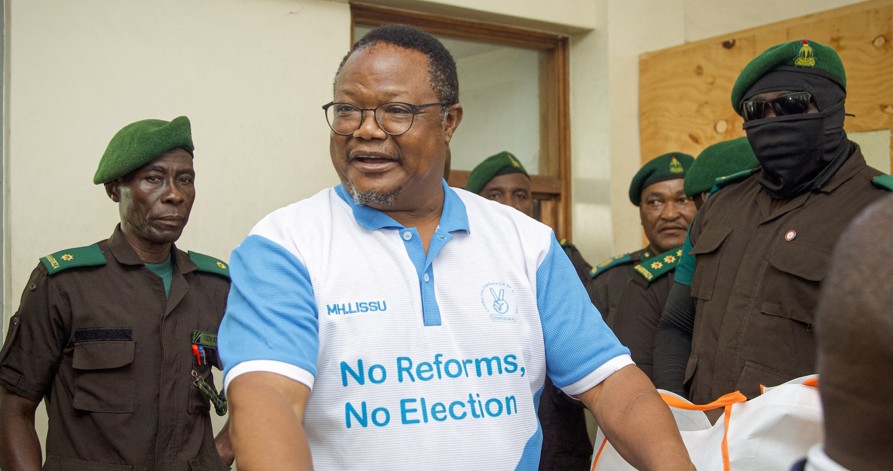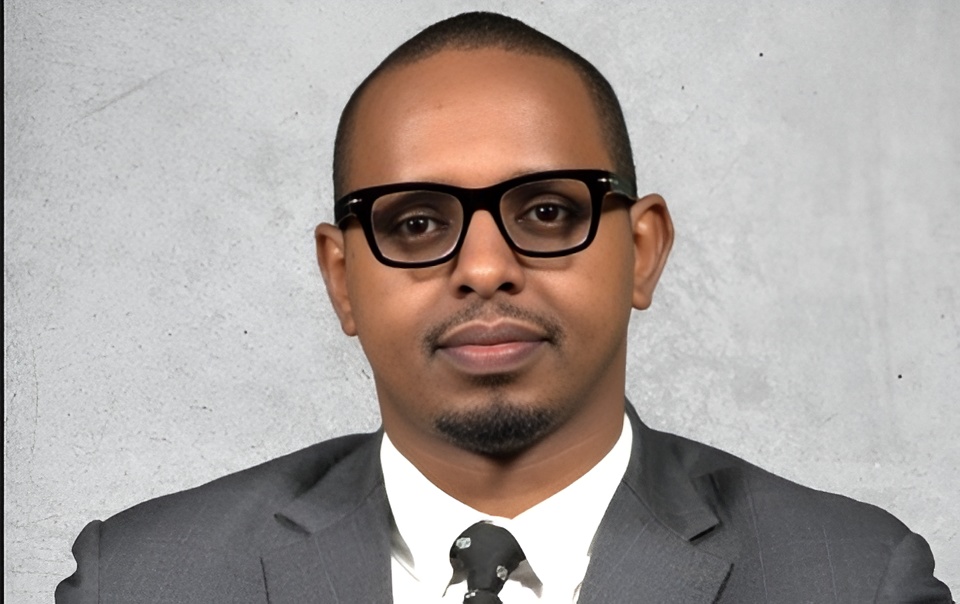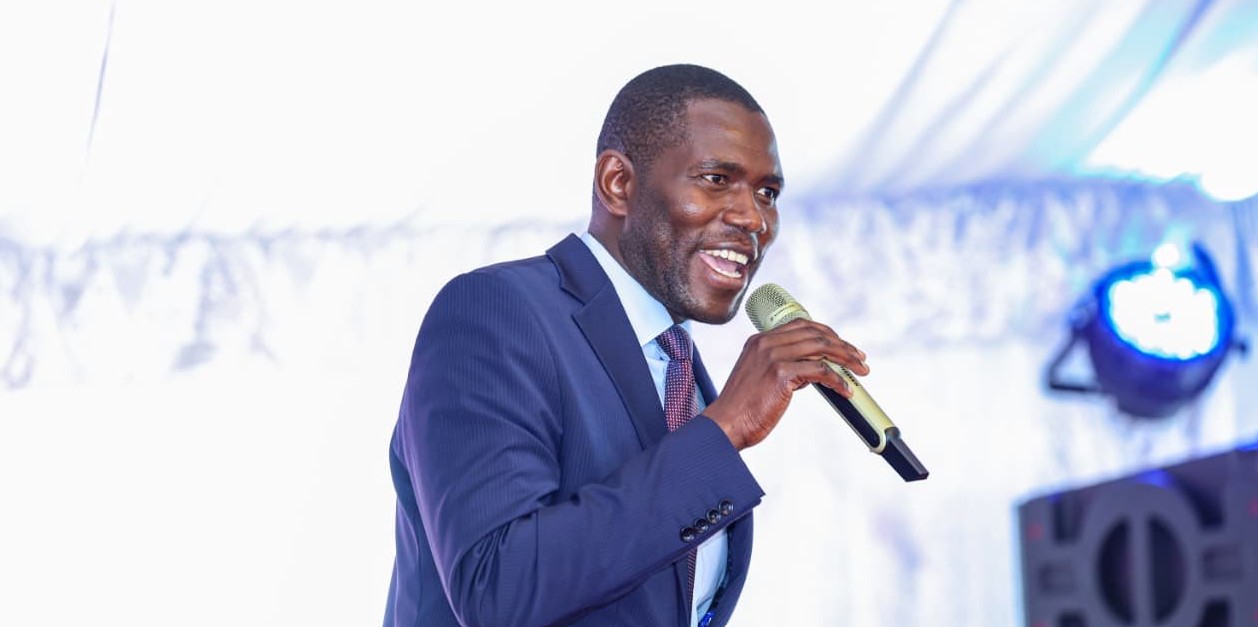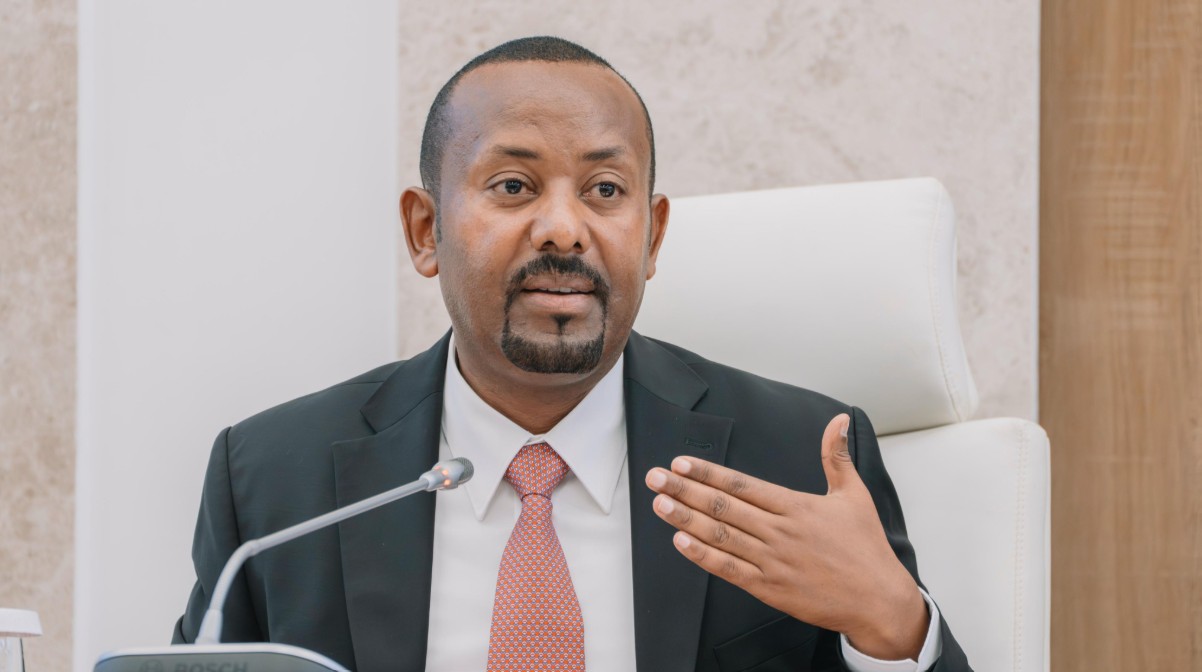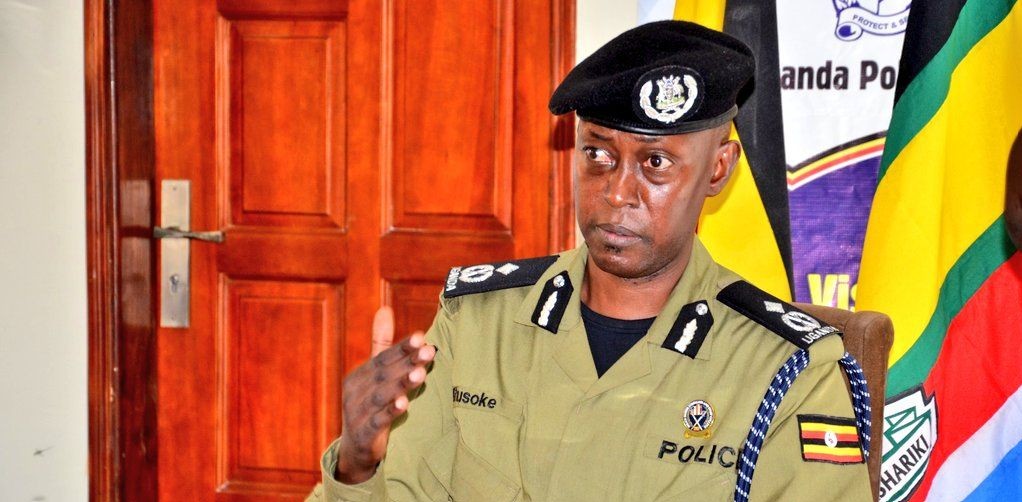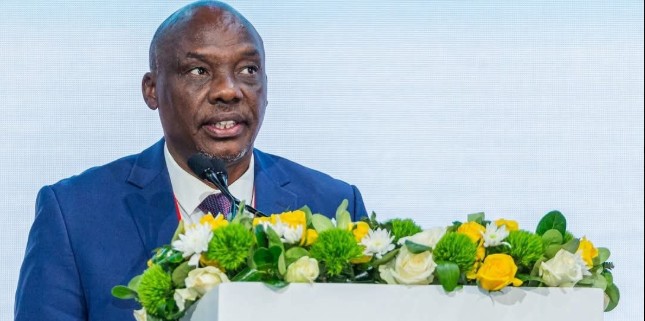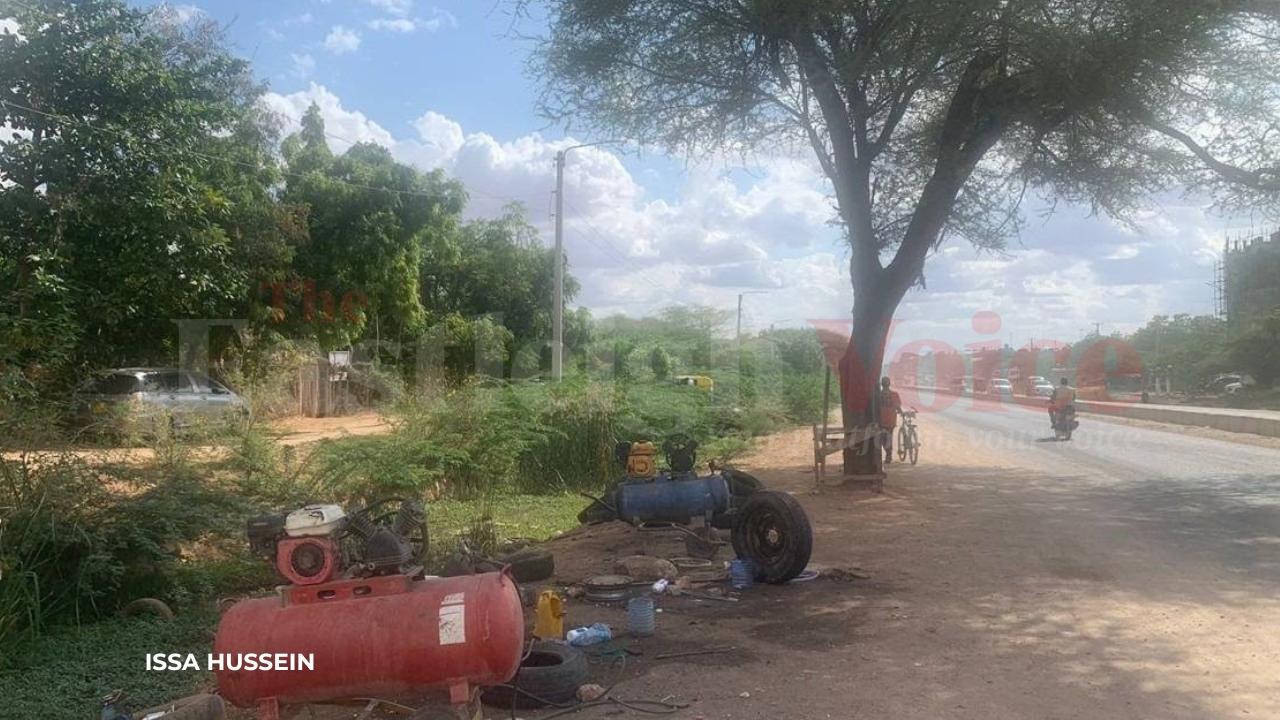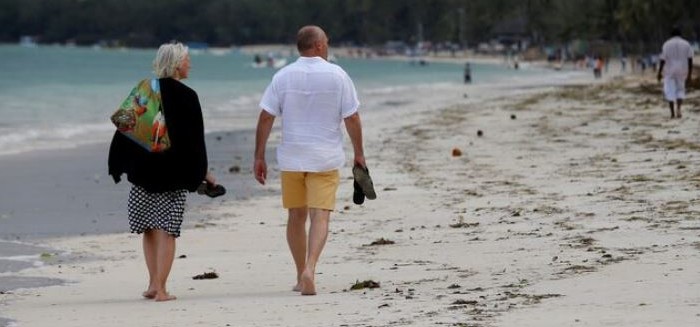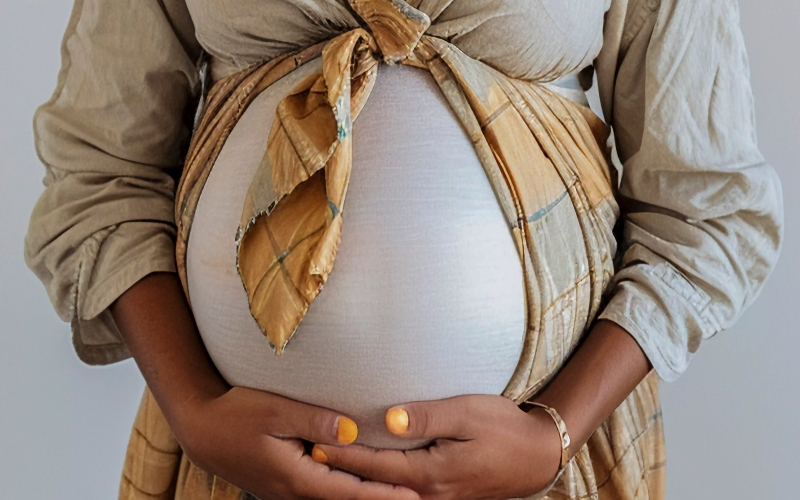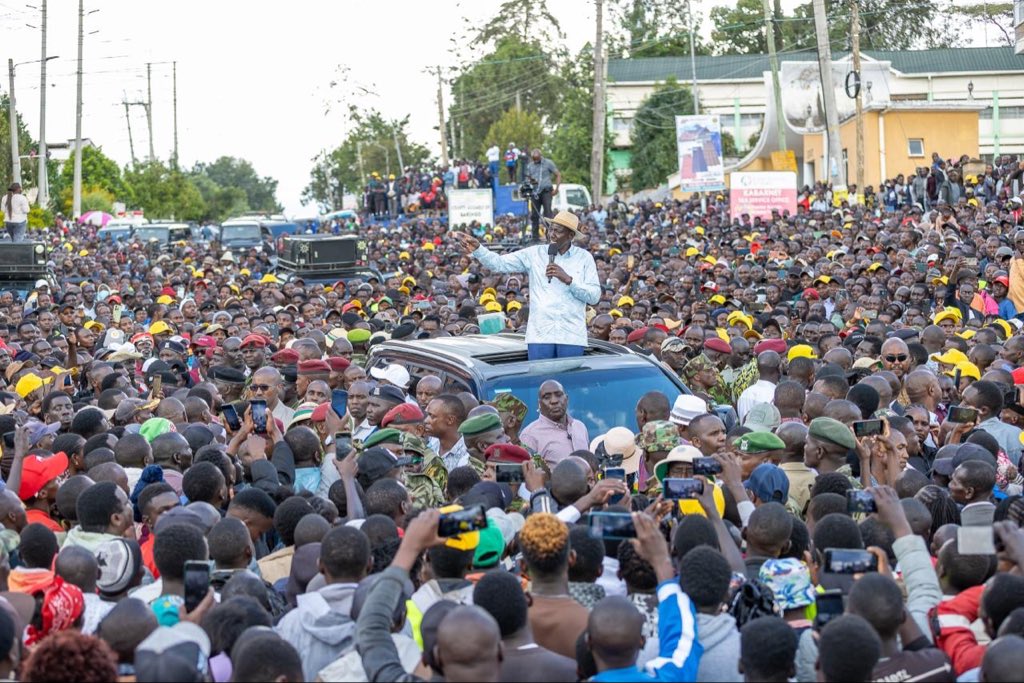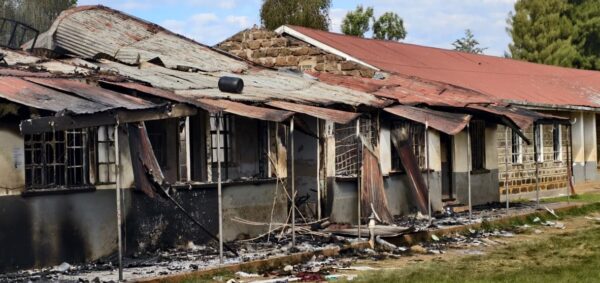Ruto, Gachagua sued at EAC court over human rights violations during Gen Z protests
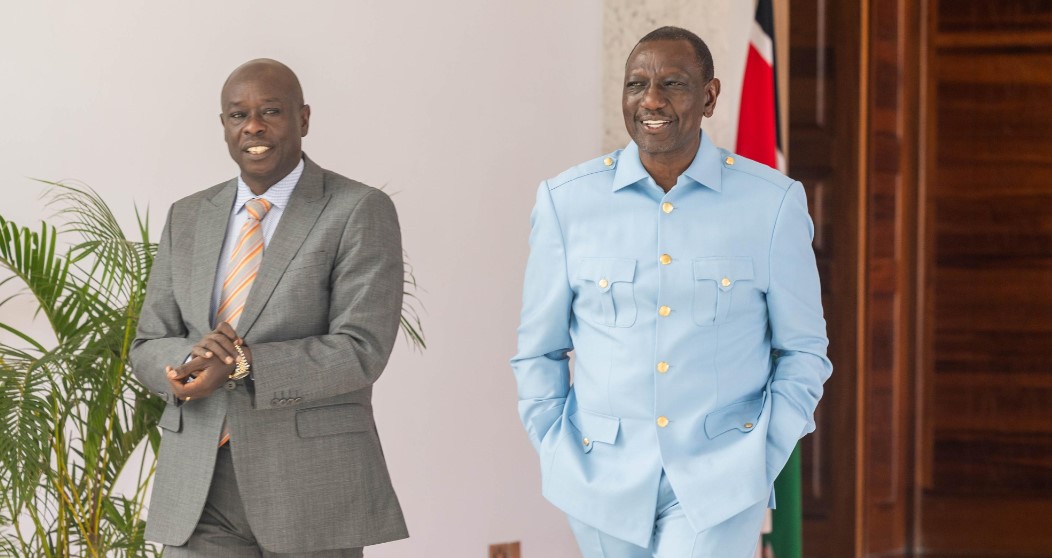
In his submission, Awino argued that the Kenya Kwanza administration violated citizens' constitutional rights by infringing on their right to protest.
Bunge la Mwananchi president Francis Awino has officially submitted a petition to the East African Court of Justice (EACJ) seeking to hold the Kenya Kwanza administration accountable for the casualties and injuries that occurred during the Gen Z protests.
In his submission, Awino argued that the Kenya Kwanza administration violated citizens' constitutional rights by infringing on their right to protest.
More To Read
- LSK’s Faith Odhiambo quits Ruto’s victims compensation panel over legal delays, court hurdles
- Morocco's Gen Z protests: What you need to know
- Morocco: Gen Z protests turn violent, two killed
- Morocco: Police detain dozens in Gen Z protests
- Study finds Gen Zs face tougher job market than their predecessors
- LSK faults CS Murkomen over defiance of High Court ruling on masked police officers during protests
The petition specifically names President William Ruto, Deputy President Rigathi Gachagua, former Attorney General Justin Muturi, Interior Cabinet Secretary Kithure Kindiki, and former Inspector General of Police Japhet Koome.
Awino is seeking to hold these individuals criminally liable for human rights violations, including deaths, injuries, abductions, and forced evictions.
He supported his claims by referencing reports from human rights organisations, which documented approximately 60 deaths and 66 cases of unexplained disappearances during the Gen Z protests.
These figures form part of the basis for his petition, which seeks accountability from key figures in the Kenyan government.
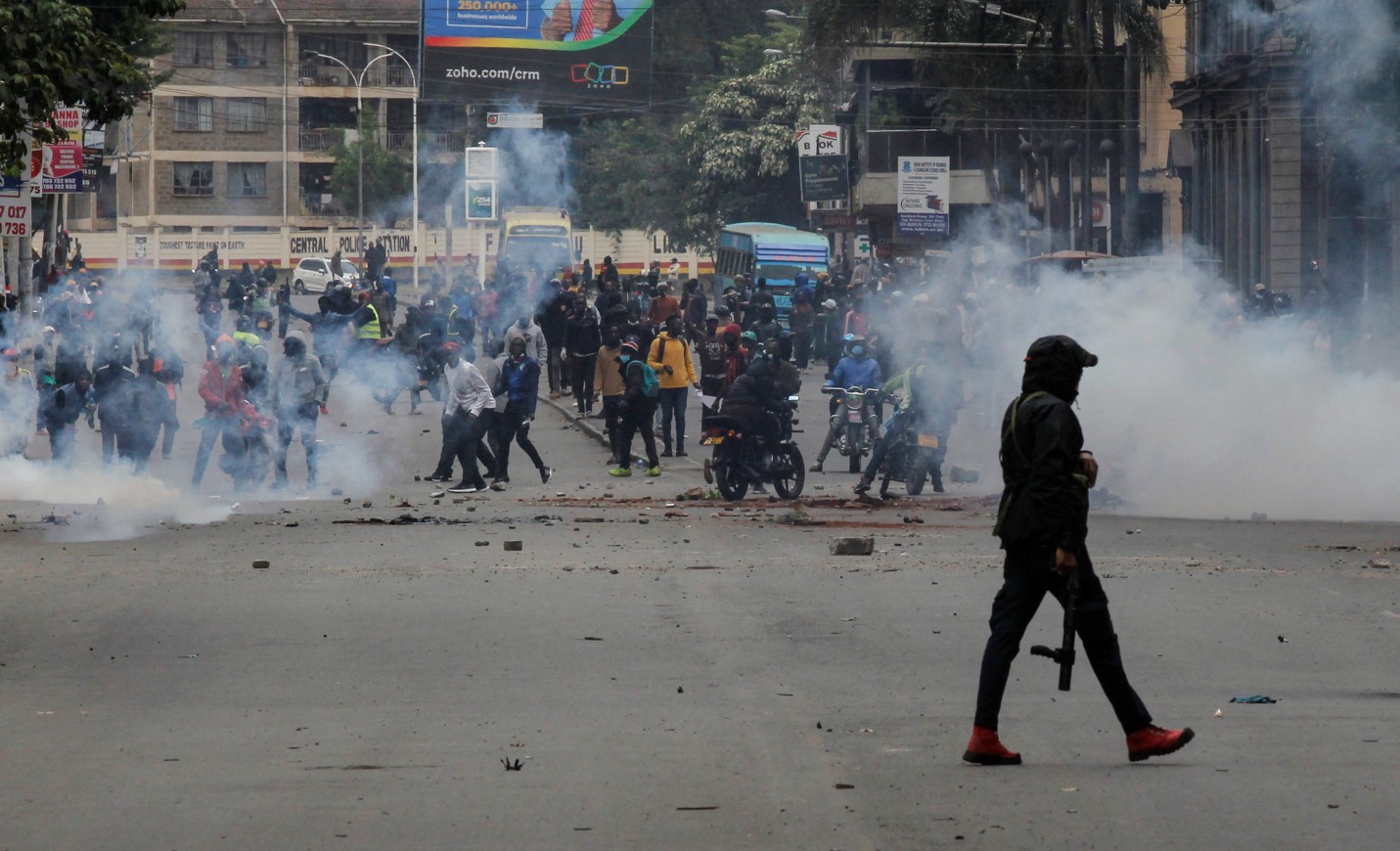 A police officer walks after using tear gas to disperse protesters during a demonstration over police killings of people protesting against Kenya's proposed finance bill 2024/2025, in Nairobi, Kenya, June 27, 2024. (Photo: Reuters)
A police officer walks after using tear gas to disperse protesters during a demonstration over police killings of people protesting against Kenya's proposed finance bill 2024/2025, in Nairobi, Kenya, June 27, 2024. (Photo: Reuters)
Awino's petition goes beyond seeking accountability for past actions. He also requests that the EACJ instruct the Attorney General to conduct a comprehensive investigation into the human rights abuses reported during the protests.
This investigation would cover the actions of law enforcement officers, whom Awino claims used excessive violence against demonstrators.
The petition highlights an incident in Githurai, where Awino alleges that military personnel fired upon protesters, resulting in multiple casualties.
This incident, according to Awino, exemplifies the excessive force used by law enforcement during the protests.
The petition also addresses media suppression during the protests, with Awino accusing the government of disrupting internet access to hinder media coverage of the events. This, he argued, was a deliberate attempt to suppress information about the protests and the government's response.
In addition to media suppression, Awino's petition details the forced evictions that took place in several informal settlements in Nairobi, including Mathare, Mukuru, and Kibera. The notice underscored the aggressive enforcement of these slum demolitions but largely spared similar structures in wealthier areas. This, according to the petition, revealed a biased application of the law.
"While demolitions in slums were aggressively pursued, similar structures in affluent areas were largely untouched, highlighting a discriminatory application of the law," the notice read in part.
The petition further alleged that police brutality accompanied the demolitions, resulting in injuries and fatalities among the affected residents. A particularly tragic case mentioned in the petition involved a 17-year-old boy who was killed while resisting forced evictions in Mathare.
"The demolitions have been accompanied by police violence, resulting in injuries and deaths among the residents. Notably, a 17-year-old boy was killed during the resistance to forced evictions in Mathare slums," argues Awino.
Top Stories Today

